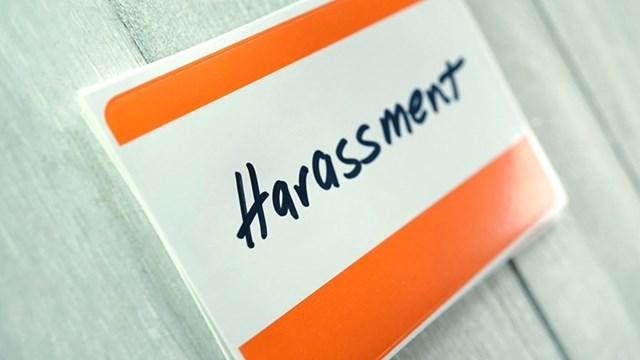
We are 12 units with four members on the board. Three are from the board of the previous two years and one, who is new, is actively researching all of these issues and more. Furthermore, there are two board members who have been rude, dismissive, and accusatory in writing to me and to others. I have looked in our bylaws—we have two sets—one that is filed with Monmouth County and another one that apparently was never filed anywhere. This too has been an issue as long as I've lived here and no board has taken charge of reviewing and filing updated bylaws. There are only a few differences between them, so it does not have much bearing on the board's behavior towards following them or not.
I don't believe there's anything in the bylaws that says that if the board breaks the bylaws, etc., that they must be dismissed, although to me it seems clear that this should be the case, as it would be if any official broke laws or bylaws.
The question is: what can we do with a board who is behaving badly and does not listen or correct themselves after we bring up these issues to them? Do we need a 2/3 vote to get them out, as is required for our other votes?
—Exasperated in New Jersey
“Procedures governing the removal of trustees are also found in the New Jersey Non-Profit Corporation Act, N.J.S.15A:6-6. By way of example, N.J.S.15A:6-6.a. provides, in part, that if the certificate of incorporation or the bylaws provide for election of trustees by the members, one or more or all of the trustees may be removed for cause by the affirmative vote cast by members entitled to vote. Also significant is the provision that allows a Judge of the Superior Court of New Jersey to review removal or suspension of a trustee cause. N.J.S.15A:6-6.d. provides that “the superior court, in an action in which the court may proceed in a summary manner or otherwise, may review the removal or suspension of a trustee for cause.”
“Cause” is generally defined in the law to refer to a breach of a trustee’s fiduciary duty or a failure to act in good faith and with reasonable care. This leads me to the second part of your question.
“It is a well-established principle in the law that trustees have a fiduciary duty to the association and its members. This fiduciary duty requires that they comply with the terms of the governing documents, e.g., the certificate of incorporation, bylaws, and master deed or declaration of covenants and restrictions. The board has a duty to protect the association and its members. A failure to repair common elements has been held to support a claim for damages against a board that managed the condominium to advance its own financial interests. If a board acts in bad faith, or if it makes arbitrary decisions that disregard the governing documents, resulting in damages to the association or its members, a cause of action may arise. In such cases, the trustee or trustees who breached their fiduciary duty may be held liable for the cost of restoring the condominium.
“Most individuals who serve on non-profit boards have the best interests of the association and its members at heart. However, if your board is not adhering to its fiduciary duty, the remaining members have the power to remove the offending trustees. If the association or its members have suffered damages as a result, there may also be a cause of action for damages.”






Comments
Leave a Comment